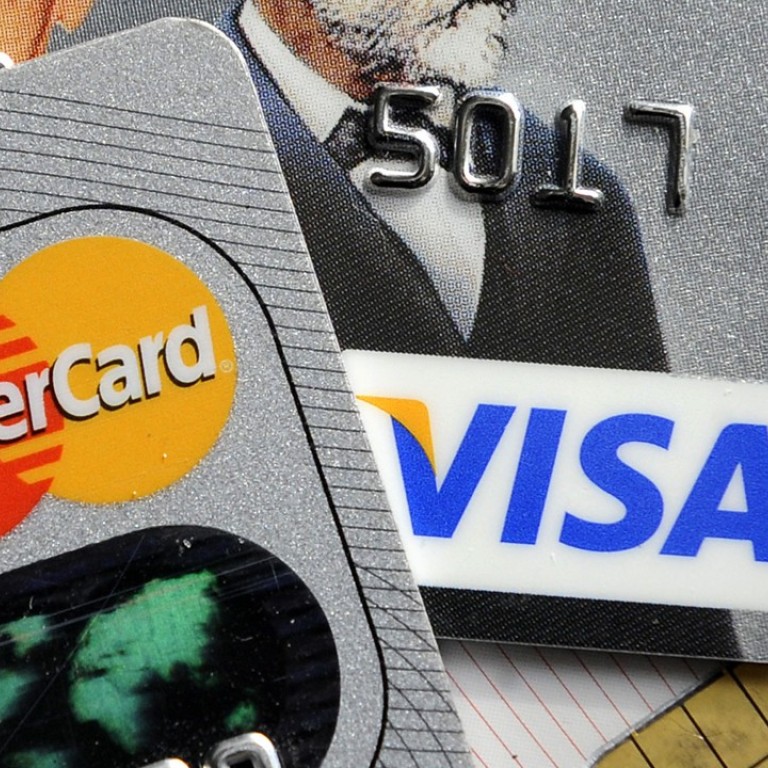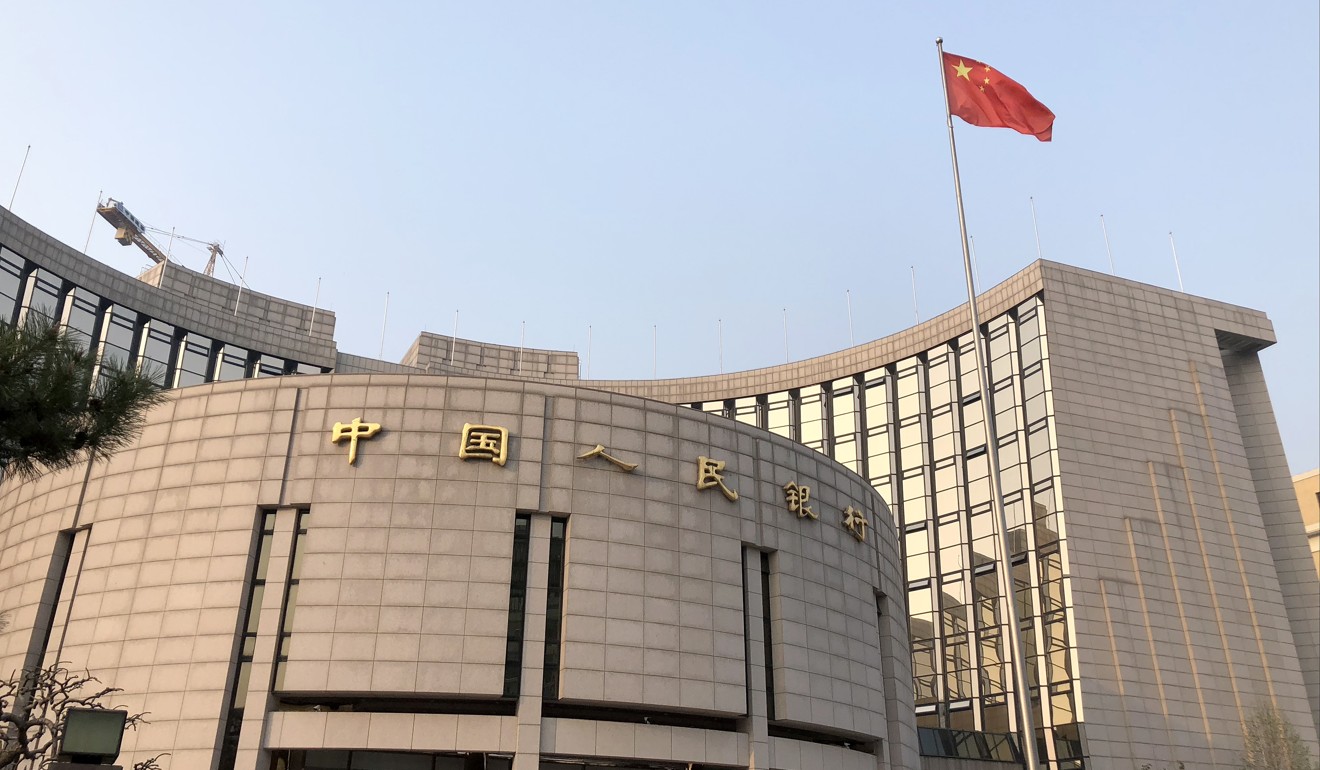
China’s controls on payment and settlement sector key to curbing risk, central bank official says
Pinning hopes on financial firms prioritising social responsibility ‘unrealistic’, People’s Bank of China’s Fan Shuangwen tells forum
China will continue to prioritise security in its payment and settlement sector, a central bank official said on Friday, as regulators continue to tighten controls on domestic players and keep foreign investors at arm’s length.
“Standardisation and security will remain the most important tasks as regulators try to prevent and tackle market risks,” said Fan Shuangwen, deputy director general of the People’s Bank of China’s payment regulatory department.
“It’s unrealistic to pin our hopes on market entities to prioritise social responsibility” when it conflicts with their business interests, he told a symposium hosted by the National Institution of Financial Development (NIFD), a government think tank.
“The responsibility of regulators should be to maintain fairness, market order and competition, and create a good environment for innovation.”

In the meantime, Beijing has been steadily tightening its regulation of the online payments sector, which is headed by privately owned internet giants who cashed in on the internet finance boom.
According to an annual report on China’s payments and settlements, released by the NIFD on Friday, Alipay led the online market in 2017 with a 29.2 per cent share, followed by WePay with 18.3 per cent and state-owned UnionPay with 16.3 per cent.
Alibaba Group, which operates the Alipay service, also owns the South China Morning Post.
Fan said the authorities were paying more attention to the issue of monopoly in the sector and its impact on payment security.
“It’s important to study how to prevent the abuse of market dominance, and the use of such actions as exclusive service, binding sales agreements, subsidies and price discrimination that curb the development of medium- and small businesses,” he said.
Last year, China’s financial regulators set up a nationwide clearing house for online payment services, with UnionPay as its controlling shareholder. Following a transitional period, all online payments will be moved to the platform for settlement by the end of this month.
Previously, private firms were able to settle payments directly with commercial banks.
The central bank said earlier that the new system was an important revision to the country’s financial infrastructure.
Hu Ying, assistant president of China UnionPay, said the government had set a clear boundary in the payment services sector that would help to reduce financial risks.
“Firms now have a clear position … concentrate on retail payment services for individuals and corporations alongside the commercial banks. Meanwhile, UnionPay and other accredited agencies will manage settlements,” she said.

